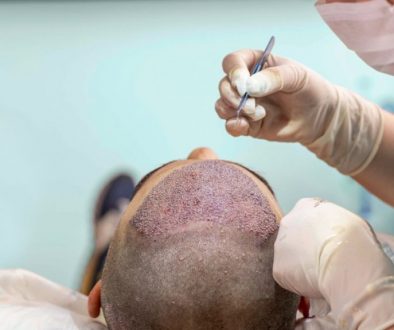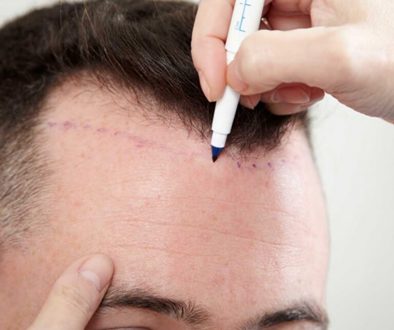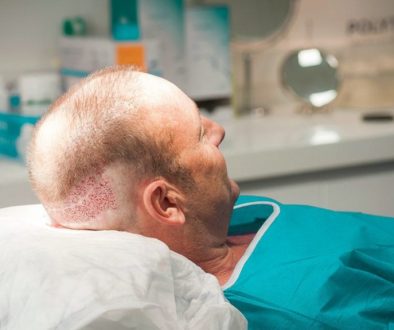Hair Loss Drugs and Hair Transplant Considerations
I am a [tag]hair loss[/tag] sufferer and am considering [tag]hair transplantation[/tag]. What will I expect to pay for a [tag]hair transplant[/tag]? What other things should I consider? Should I be taking any medication for hair loss, and if so, what?
The cost of [tag]hair replacement[/tag] surgery will depend on a number of things including the price charged per follicular unit graft by the [tag]hair transplant clinic[/tag], the type of hair transplant surgery undergone ([tag]follicular unit hair transplantation[/tag] – [tag]FUT[/tag] or [tag]follicular unit extraction[/tag] – [tag]FUE[/tag] / [tag]follicular isolation technique[/tag] – [tag]FIT[/tag]), the number of [tag]hair grafts[/tag] required, and the number of [tag]hair restoration[/tag] surgeries required. See also more information on hair transplant costs.
Though [tag]hair transplant cost[/tag] is an important factor to consider it shouldn’t be the first. Finding a quality [tag]hair transplant physician[/tag] who has a proven track record of providing positive [tag]hair transplant patient[/tag] results is extremely important. I strongly encourage you to research and consult with a physician who is a member of the Coalition of Independent Hair Restoration Physicians who has met the high level of membership standards of the Hair Transplant Network.
A [tag]balding[/tag] male or female suffering from [tag]genetic hair loss[/tag] must also develop realistic expectations and hair restoration goals which should be discussed in detail with your [tag]hair transplant surgeon[/tag]. I do not recommend undergoing [tag]hair transplant surgery[/tag] until you are comfortable with the long term hair restoration plan that has been laid out for you.
Because hair transplantation is not a [tag]cure for hair loss[/tag], I also recommend considering use of [tag]FDA approved[/tag] [tag]hair loss drugs[/tag] such as [tag]Propecia[/tag] / [tag]Proscar[/tag] ([tag]finasteride[/tag]) and [tag]Rogaine Foam[/tag] or Liquid ([tag]minoxodil[/tag]) which are the best chance of preventing future hair loss. They may even [tag]regrow hair[/tag]. Use also of [tag]Nizoral shampoo[/tag] or [tag]Revita shampoo[/tag] which contains active ingredient [tag]ketoconazole[/tag] may also help have benefit for men who are suffering from [tag]male pattern baldness[/tag] and women suffering from [tag]female pattern baldness[/tag]. These [tag]hair loss medications[/tag] especially when used altogether may even work well enough that hair transplantation may not be necessary. It is important to give these [tag]hair loss treatment[/tag]s at least 6 months to a year to determine whether or not they are working for you.
Best wishes,
Bill Seemiller
Associate Publisher of the Hair Transplant Network and the Hair Loss Learning Center
View my Hair Loss Weblog




June 26, 2008 @ 8:32 am
Hair loss became such a common problem, but at least products stopping hair loss also come in the form of pills and topical creams. There are a few choices of products out there so consult your doctor to see which is best for you. Maybe you just need to remove stress factor, maybe to stop taking some medicine that caused hair loss, maybe you need diet. If it doesn’t help, then doctor can advise you hair replacement or hair transplant. Yes, it doesn’t cure, it can help you only when you stopped hair loss, but lost too much.